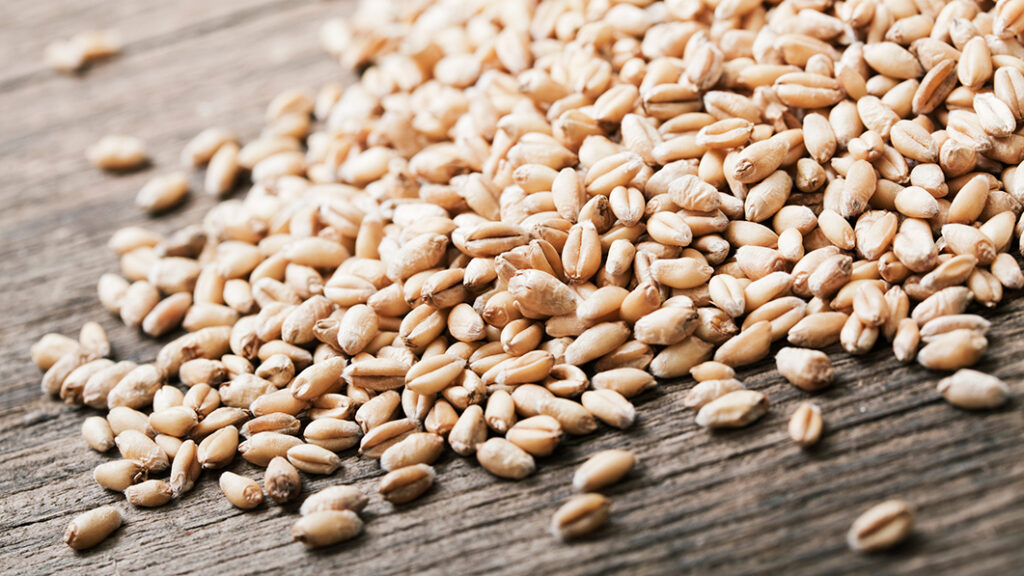Whole grains vs. refined grains: understanding the benefits of both

When it comes to grains, you’ve likely heard the advice to “choose whole grains over refined grains.” While whole grains offer a variety of health benefits, refined grains aren’t all bad either. Both types have their place in a balanced diet, depending on individual health needs and lifestyle. In this blog post, we’ll break down the differences between whole grains and refined grains, to better understand how to make a choice when consuming grain products.
What are whole grains?
Whole grains contain all three parts of the grain kernel:
- Bran: The outer layer, rich in fiber, B vitamins, and antioxidants.
- Germ: The nutrient-packed core that contains healthy fats, vitamins, and minerals.
- Endosperm: The largest part, which primarily contains carbohydrates and a smaller amount of protein.
Because whole grains retain all parts of the grain, they offer a more complete nutritional profile.
What are refined grains?
Refined grains have been processed to remove the bran and germ, leaving only the endosperm. This process extends the shelf life of the grain and gives it a finer texture, but it also removes some of the fiber, vitamins, and minerals found in the whole grain.
Common refined grain products include white bread, white pasta and pastries and cakes made with refined flour.
Many refined grains are enriched, meaning certain vitamins and minerals (like folate, iron and B vitamins) are added back after processing, though fibre is typically not restored.
Finding balance: when to choose whole grains vs. refined grains
The key to a healthy diet isn’t necessarily about choosing one type of grain over the other, but rather about understanding when each is appropriate. Here are a few tips for striking the right balance:
- For daily consumption, opt for whole grains. Their fibre, vitamins, and minerals support long-term health and help with energy and digestion. Incorporating options like oatmeal for breakfast, whole grain bread for sandwiches, or hulled barley with dinner can make a big difference.
- For quick energy, refined grains may be the better option. For athletes, or if you’re in need of a fast-digesting meal, products like white pasta or white bread can offer a quick source of energy without the heaviness of fibre.
- For special occasions or light treats, don’t shy away from refined grains. A light, fluffy cake made with refined flour or white pasta for a special dinner isn’t detrimental when enjoyed in moderation. The key is balance!
Whole grains and refined grains each offer their own unique benefits. Stay tuned as we explore the specific benefits to choosing each type of grain product later this month on the Good in Every Grain blog!



